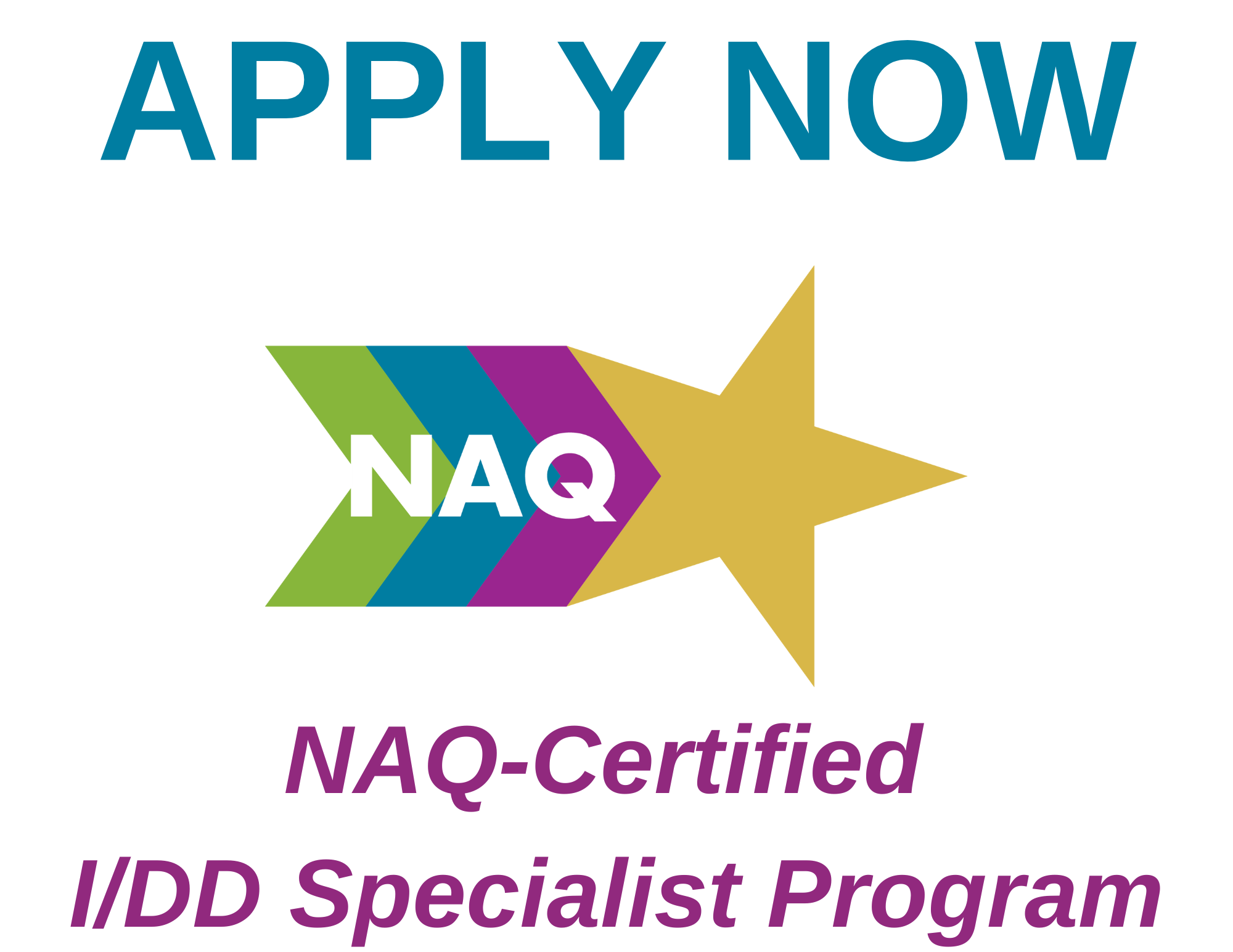Person-Centeredness Resource Library and Information CenterWelcome to NAQ's Person-Centeredness Resource Library and Information Center. As you know, increasing knowledge of and best practices in person-centered planning is a major goal of NAQ. Not only because so many of our members and network stakeholders serve as the champions and facilitators of such plans, but also because well-crafted plans can have a positive and major impact on the lives of people with disabilities. We invite you to be a part of this person-centered thinking, learning and sharing community. Values StatementThe following values guide our actions. We believe that:
A Contemporary ApproachSince its inception, NAQ has sought to be values-based. The previously identified values underscore that commitment, especially as it related to supporting others to live their best possible life, to flourish. NAQ also seeks to be evidence-based in its approach to serving others. As a result, attention is given to promising and best practices that reflect scientific inquiry and research. This has led to the incorporation of positive psychology and its contribution to our person-centered thinking and planning efforts. Positive psychology as a science seeks to bring forth the best research that allows individuals to flourish and experience the highest levels of wellbeing. In our view, one's best possible life is not just about having more something. It' about being grateful for what one ha. Again, the contributions of positive psychology allow us to consider other important factors in the person-centered planning process, such as the importance of whole-person planning, developing a balanced life and the significance of being reflective, mindful and resilient. All of these variables are much in play in a contemporary approach to person-centered planning. Today's RealityIn reality, authentic person-centered thinking and planning is currently struggling to survive in the United States, especially with the government-funded programs. This floundering was predicted by John O'Brien, one of the founders of the person-centered movement. Early on, he admonished folks that this unique form of planning would be destroyed when it became embedded in government rules, regulations and funding. Sure enough, while everyone says they are "doing" person-centered planning along with their lengthy assessments, many are basically completing forms and compliance documents. What should have been important, a changed life and an increase in life satisfaction, is subordinate to a form well-filled out and "no PCP deficiencies" in a survey. "Cutting and pasting" is abundant and most people supported in such programs do not even want or like their plans. Furthermore, does anyone care about the lack of plan implementation? The fact is that the best constructed plan is completely useless if no one implements it. What You Can ExpectWhat can you expect from the NAQ Person-Centeredness Resource Library and Information Center? It is our mission to share information that will enable readers to stretch their thinking, ask questions and share ideas and best practices for the purpose of providing people receiving support with an opportunity to enjoy a great quality of life. Since this resource is new established, you will find much more information in the future, including original articles, resource recommendations, suggested readings, key reprints, access to podcasts and videos as well as practical tools and assessments. In it's most noble and virtuous meaning, person-centered planning is about relationships, caring for each other and helping everyone involved live a better life. |


